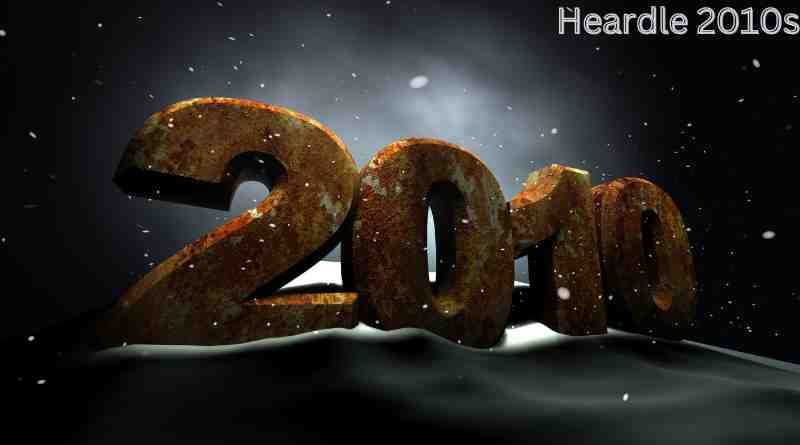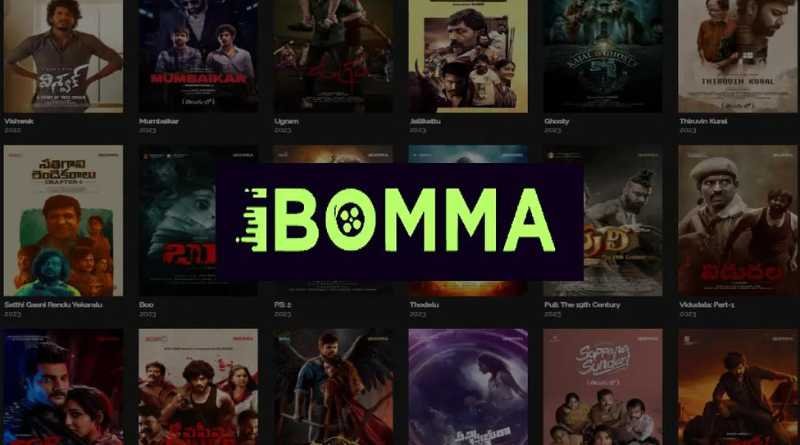Introduction to Heardle 2010s
In the ever-evolving landscape of digital entertainment, interactive games that blend nostalgia with modern technology are becoming exceedingly popular. Among these, Heardle 2010s emerges as a standout platform that invites users to take a melodious stroll down memory lane. This article delves into the essence of Heardle 2010s, exploring its unique appeal and how it serves as a bridge connecting various age groups with the music that defined a significant decade in musical history.
What is Heardle 2010s?
Heardle 2010s is a web-based game that challenges players to guess a song from the 2010s after listening to just the first few seconds of the track. Inspired by the concept of the original Heardle, which itself draws roots from the popular word game Wordle, Heardle 2010s focuses specifically on the music that shaped the decade from 2010 to 2019. The game refreshes daily, offering a new snippet each day and allowing players only a handful of guesses before revealing the song’s name and artist.
The Rise of Music Recognition Games
The concept of music recognition is far from new—apps like Shazam and SoundHound have utilized this technology to help users identify songs playing around them. However, the integration of this concept into a gamified format, particularly one that focuses on a specific era, adds an element of recall and challenge that appeals to both avid music lovers and casual listeners alike. It’s not just about recognizing the song; it’s about capturing the essence of a time marked by diverse musical trends and innovations.
The Appeal of 2010s Music
The 2010s were a dynamic decade for music, seeing the rise of genres like EDM, the resurgence of boy bands, and the dominance of pop divas. It was a time when digital streaming overtook physical sales, reshaping how audiences consumed music. Artists like Taylor Swift, Drake, and Adele dominated the charts with albums that broke sales records, while others like Skrillex and Calvin Harris pushed the boundaries of electronic music. Heardle 2010s taps into this diverse musical landscape, offering snippets from a wide array of genres and artists, making each day’s guess a challenge of not only one’s musical knowledge but also their nostalgia.
How Heardle 2010s Enhances Music Appreciation
One of the most significant impacts of Heardle 2010s is its ability to enhance music appreciation. Each game iteration encourages players to not only engage with music passively but to actively listen and analyze the first few seconds of a song. This can lead to a deeper appreciation of musical elements such as melody, rhythm, and instrumentation, aspects that might be overlooked when songs are played in their entirety. Moreover, the game’s daily change encourages routine exposure to different styles and artists, broadening the player’s musical horizons.
The Social Aspect of Heardle 2010s
Social interaction plays a crucial role in the popularity of Heardle 2010s. Players often share their daily scores on social media, sparking conversations about not just the game itself but also about personal music tastes and memories associated with specific songs. This has fostered a community of players who look forward to the daily reveal, eager to compare notes and discuss the featured songs. It serves as a digital meeting ground for friends, family, and strangers united by their love for 2010s music.
Challenges and Limitations
Despite its popularity, Heardle 2010s is not without challenges. The choice of songs can sometimes be obscure or region-specific, potentially alienating international players. Additionally, as the pool of 2010s music is finite, the game may eventually run the risk of repeating tracks, which could diminish user interest over time. To sustain engagement, the developers might need to consider introducing themed weeks or special editions focusing on specific artists or sub-genres from the decade.
Future Directions
Looking forward, the potential for Heardle 2010s to evolve could include partnerships with music streaming platforms, offering playlists of the featured songs, or integration with music education programs to help younger generations connect with recent musical history. Such collaborations could not only extend the game’s lifespan but also deepen its educational value, making it a tool for learning and discovery.
Conclusion
Heardle 2010s represents more than just a game; it is a portal to a vibrant era of music that continues to resonate with a wide audience today. It challenges players to test their memory and musical knowledge while providing a fun and engaging way to revisit the soundtrack of the recent past. As it stands, Heardle 2010s not only celebrates the music of the 2010s but also embodies the spirit of innovation and nostalgia that is increasingly characteristic of today’s digital entertainment landscape. Through this engaging platform, the echoes of a decade rich in musical diversity are brought to life, inviting everyone to listen, guess, and reminisce.
Read also: check




